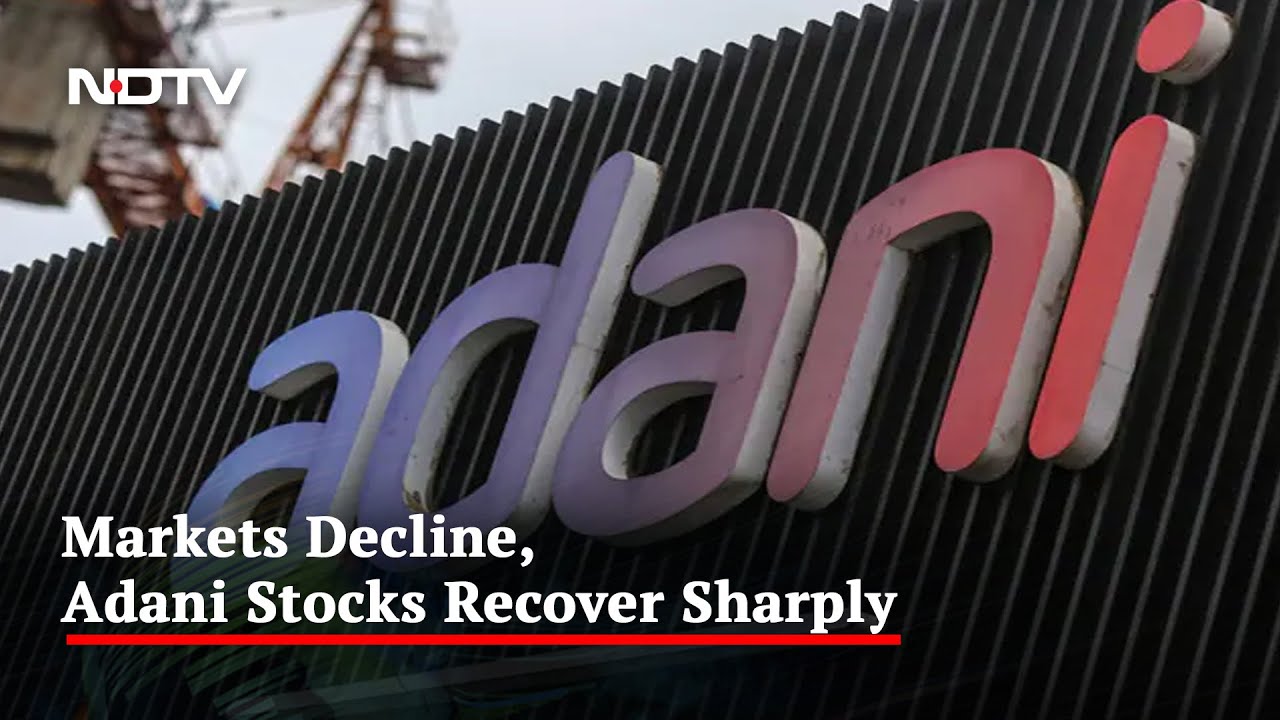Reasons Behind Dasani's UK Market Absence

Table of Contents
The 2004 Launch Failure and its Lasting Impact
The story of Dasani in the UK begins and ends, for now, with a disastrous launch in 2004. This attempt was far from a quiet failure; it was met with significant backlash, leaving a lasting impact on the brand's reputation and significantly hindering any future attempts to enter the market.
-
Bromide levels controversy: The initial problem stemmed from the water's chemical composition. Dasani, purified using a process that involved the addition of potassium bromide, found itself at the center of a controversy when elevated bromide levels were detected. This raised concerns about potential health implications, sparking immediate public outcry and negative media coverage.
-
Negative media coverage: The bromide issue was widely reported in the UK media, leading to widespread negative publicity. News outlets highlighted public anxieties, questioning the safety and quality of Dasani bottled water. This negative press fueled consumer distrust and significantly damaged the brand's image.
-
Consumer distrust: The negative publicity surrounding the bromide levels resulted in a significant loss of consumer trust. This damaged reputation proved extremely difficult to repair, making it a major obstacle to future attempts at market entry. The incident significantly impacted consumer perception of Dasani as a safe and reliable bottled water brand in the UK. The damage to consumer confidence proved lasting. This initial failure continues to cast a long shadow.
Competition in the UK Bottled Water Market
Even without the 2004 setback, entering the UK bottled water market presented considerable challenges. At the time of the launch attempt, the market was already highly saturated, with established brands holding significant market share.
-
Strong local brands: The UK boasts a strong selection of homegrown bottled water brands, many with established customer loyalty and strong regional identities. These brands had already built robust distribution networks and a loyal customer base, making it difficult for a newcomer like Dasani to penetrate the market.
-
Price competitiveness: The UK bottled water market is known for its competitive pricing. Established brands often employ aggressive pricing strategies, making it challenging for new entrants to compete effectively on price. Dasani would have needed to aggressively undercut these established brands to achieve success.
-
Consumer preferences: Consumer preferences also played a significant role. The UK market exhibits clear preferences for certain water types, including sparkling water. Dasani, at that time, focused primarily on still water, possibly missing a significant market segment.
Coca-Cola's Strategic Decisions and Resource Allocation
Coca-Cola's decision to not relaunch Dasani in the UK may also be attributed to broader strategic priorities and resource allocation. The company may have decided to prioritize other more profitable or strategically important markets.
-
Focus on other beverages: Coca-Cola already has a strong portfolio of successful beverages in the UK, including its flagship cola, alongside other established brands. Investing heavily in a new water brand might have been viewed as diverting resources from these successful, existing products.
-
Global market strategy: Coca-Cola's global strategy might have deemed other markets more promising for Dasani’s growth. The company may have prioritized regions with less competition or greater potential for market expansion.
-
Cost-benefit analysis: A thorough cost-benefit analysis might have shown that the investment required to overcome the negative perception created by the 2004 launch and compete effectively against established brands in the saturated UK market didn’t align with their overall strategic objectives.
Regulatory Hurdles and Compliance Challenges
Navigating the regulatory landscape for importing and selling bottled water in the UK can be complex. Differences in water quality standards and labeling requirements between the US and the UK may have presented additional challenges.
-
Import regulations: Specific import regulations and associated costs could have proven a significant barrier to entry.
-
Water quality standards: Variations in water quality standards between the US and UK could require costly adjustments to Dasani's purification processes to ensure compliance with UK regulations.
-
Labelling requirements: Meeting UK labelling requirements for bottled water, including detailed information on source and composition, might have added to the complexities of entering the market.
Conclusion
Dasani's absence from the UK market isn't simply a matter of oversight. It's a result of a complex interaction of factors, primarily the disastrous 2004 launch, the highly competitive market landscape, Coca-Cola’s strategic priorities, and potential regulatory hurdles. The lingering negative perception following the bromide controversy continues to significantly impact any chance of a successful re-entry. The UK bottled water market presents a unique challenge, and the decision by Coca-Cola reflects the complex considerations involved in successfully launching a new beverage brand. What are your thoughts on the Dasani UK situation? Let us know your perspective, and feel free to delve deeper into the fascinating dynamics of the UK bottled water market. Further research into Dasani UK and its failed launch can provide valuable insights into market entry strategies and brand reputation management.

Featured Posts
-
 Hyeseong Kims Mlb Promotion Comprehensive Report From The Dodgers
May 16, 2025
Hyeseong Kims Mlb Promotion Comprehensive Report From The Dodgers
May 16, 2025 -
 Olimpia Golea A Penarol 2 0 Resumen Completo Y Goles
May 16, 2025
Olimpia Golea A Penarol 2 0 Resumen Completo Y Goles
May 16, 2025 -
 San Diego Padres Vs New York Yankees Predicting A 7 Game Winning Streak For The Padres
May 16, 2025
San Diego Padres Vs New York Yankees Predicting A 7 Game Winning Streak For The Padres
May 16, 2025 -
 Tam Krwz Ke Jwte Pr Mdah Ka Pawn Kya Hwa
May 16, 2025
Tam Krwz Ke Jwte Pr Mdah Ka Pawn Kya Hwa
May 16, 2025 -
 Trump Tax Plan The House Republican Perspective
May 16, 2025
Trump Tax Plan The House Republican Perspective
May 16, 2025
Latest Posts
-
 Old Tensions Resurface Van Lith And Reese Meet Again In Chicago
May 17, 2025
Old Tensions Resurface Van Lith And Reese Meet Again In Chicago
May 17, 2025 -
 The Controversy Understanding Angel Reeses Post Sky Game Remarks
May 17, 2025
The Controversy Understanding Angel Reeses Post Sky Game Remarks
May 17, 2025 -
 Angel Reeses Post Chicago Sky Game Statement A Full Breakdown
May 17, 2025
Angel Reeses Post Chicago Sky Game Statement A Full Breakdown
May 17, 2025 -
 Angel Reese Claims Dpoy Despite Significant Injury
May 17, 2025
Angel Reese Claims Dpoy Despite Significant Injury
May 17, 2025 -
 Serious Injury Clouds Angel Reeses Dpoy Celebration
May 17, 2025
Serious Injury Clouds Angel Reeses Dpoy Celebration
May 17, 2025
